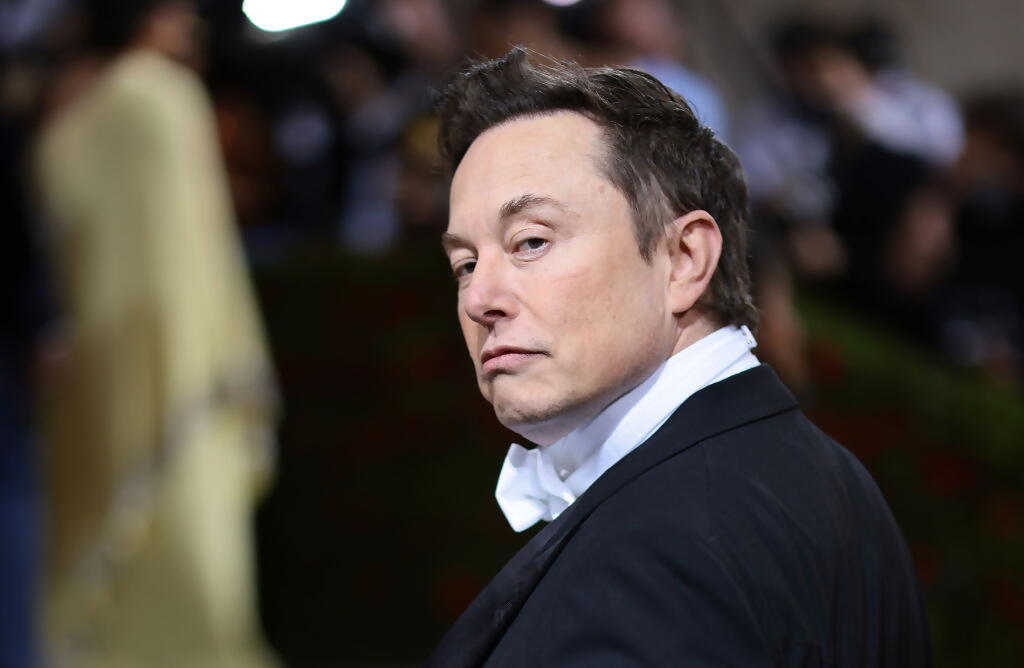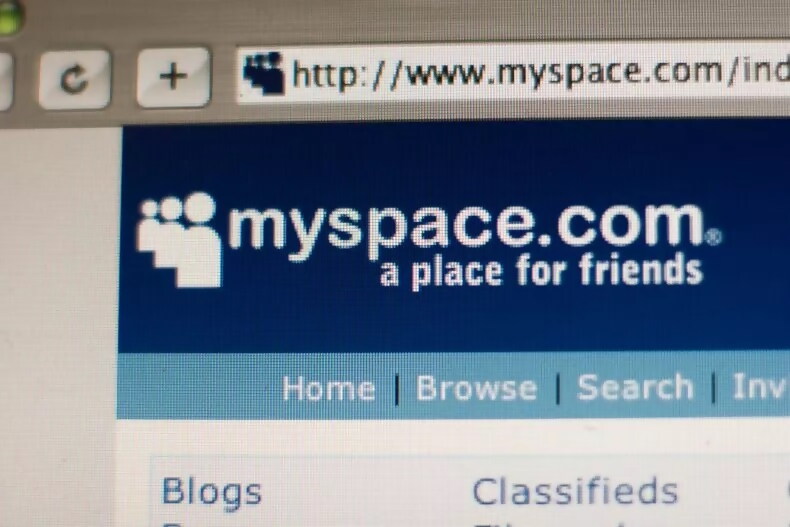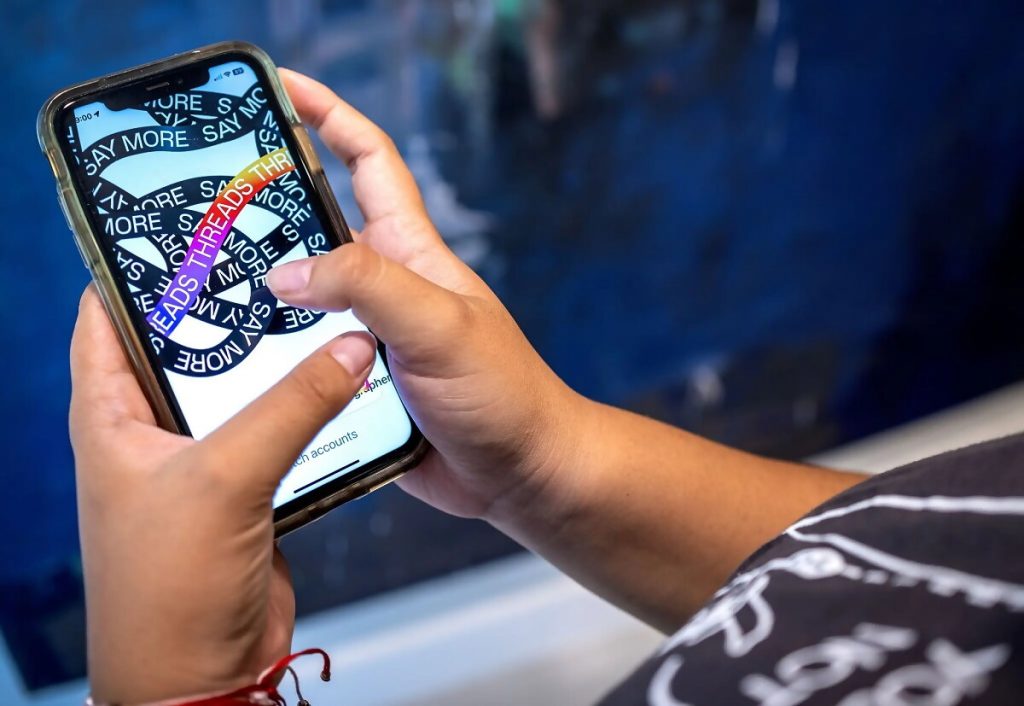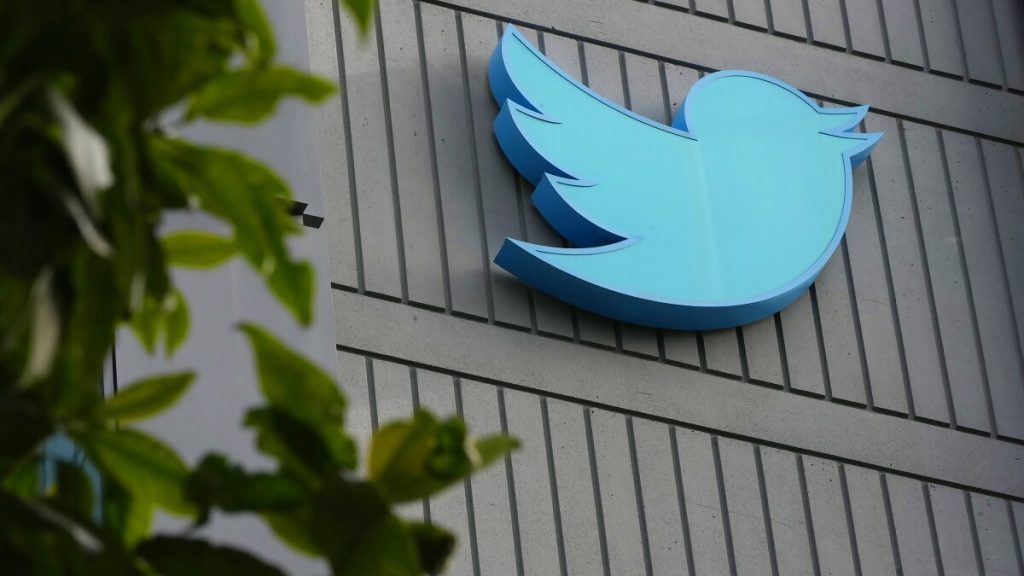
On 30 January 2008, 23-year-old blogger Simon Owens celebrated a new holiday.
“After months of only visiting my MySpace profile in order to delete spam friend requests from half-nude women, I’ve reached the end of the line,” he said.
He declared the date ‘International Delete Your MySpace Account Day.’ Joined by anywhere from a few hundred to a few thousand disgruntled users, the exodus was little more than a drop in the ocean for the social media site.
But many couldn’t resist twisting the knife on the way out. On a newly formed Facebook group to celebrate the occasion, the unfortunately named Smelly Jen posted: “I did it! So refreshing! Like ripping off a band aid! It’s gone forever!”
Another user, Tom, simply said: “Mine’s gone. Solong MySpace, you were shit.”
Frustration at the noughties giant had been growing for a while. Glitchy pages, annoying banner ads and a generally ugly interface were sending more and more users, Owens included, to Mark Zuckerberg’s sleeker, cooler offering.
Still, MySpace’s bosses weren’t too worried.
“This Delete-Your-MySpace day is just about being controversial,” the vice president of Fox Interactive Media and MySpace in Australia and New Zealand, Rebekah Horne, told News.com.au.
“MySpace is still the biggest social networking site in the world.”

(Credit: Erik Freeland/Corbis/Getty)
Twitter, fast-forwarding to the present day, is far from the biggest social networking site in the world. It’s actually not even close. With 353.9 million active users each year, it can hardly hold a candle to social media bigwigs Facebook (2.96 billion), Instagram (2 billion) or TikTok (1.09 billion). Even LinkedIn has about 930 million users each month.
What Twitter does have over its rivals – or did before Musk’s acquisition in October 2022 – is trust.
It’s an odd claim to make for a platform at the forefront of the fight against misinformation. But a 2022 OFCOM report found 17% of UK adults used Twitter as a primary news source. In the social media ranking, they came second only to Facebook’s 32% and even scored highest of all its rivals on the accuracy and quality of news it offered.
READ MORE: Is movie marketing working anymore?
If the same survey took place today, the findings might well be very different. Since Musk bought the platform, Twitter’s user base has been split neatly in two. The slicing up of the verification process, reinstatement of far-right mouthpieces and an oft-touted commitment to “free speech” has enraged many just as it has charged up the tech billionaire’s acolytes.
Now, with Facebook owners Meta carving 100 million user-sized chunks out of Twitter’s audience with their new platform, Threads, ‘Delete Your MySpace Account Day’ seems to have found its successor.

(Credit: Cristobal Herrera-Ulashkevich/EPA, via Shutterstock)
But Twitter is no MySpace. Where the latter never aspired to be much more than a message board for your favourite bands, in the last decade, the little blue bird has come to dominate the news industry both in public and in private.
Governments from the US Trump administration to the UK Conservative Party have used the site to announce radical policy directions. Trending topics inspire everything from celebrity pile-ons to broadsheet op-eds. Even mainstream news channels can use Twitter to track responses to a story before the national press have got their trousers on.
READ MORE: Låpsley: ‘My last album gave me happiness, now I’m back to being angry’
It’s difficult to overstate just how essential the site has made itself to the news landscape. Its trending topics page is beloved and hated by journalists the world over, but for an instant source of breaking news, there’s still no substitute. Even Threads has launched without trending topics functionality, though Meta have promised they’re working on that.
Twitter has also made itself into an essential marketing tool. According to BusinessDIT, up to 70% of small businesses in the US use Twitter to connect with customers, with 118 million companies worldwide managing an account on some level. Compared to Facebook and Instagram, the platform still offers unparalleled, direct access to companies and business owners with a short response time, and the ability to present an archived public face to the world is invaluable.
So what would happen if Twitter shut down?

Credit: Jim Wilson/The New York Times
If it did, or if the user base continued to shrink into obscurity, it would be the biggest social media site to crash since those words were first put in that order (the second, fittingly, would be Vine, which Twitter bought before it launched in 2012).
The idea of Twitter as a global ‘town square’ isn’t a new one. But over the course of its lifetime, the site has transformed into something of a public service, despite its flaws. Communities with unique, identifiable characteristics, like the infamous ‘film Twitter,’ have sprung up – the kind of communities unreproducible even on a site with functionally identical code.
More importantly, society seems, almost by accident, to have grown dependent on a few private tech enterprises to carry out day to day activities. Without Twitter, news and media organisations, not to mention most other businesses, will have some significant adjustments to make. While a rival will almost certainly step in to fill the void at some stage, in the short term at least, a collapse seems like pretty bad news.
READ MORE: New survey reveals serious doubt over viability of careers of UK artists
Pre-Musk, the fundamental problem was that Twitter was providing too useful a service to ever make anyone any money. In an article for Wired in January, Cory Doctorow described the process of what he called “enshittification” – the way social media giants attract users with an initially high-quality but loss-making product before gradually making the user experience worse in an attempt to claw back their investment.
It’s not just social media giants getting in on the act, either. In the streaming world for an example of incredibly popular tech services that are still struggling to monetise themselves effectively. Warner Bros. and Disney have already started deleting their own content to save money on residuals. Netflix, despite being the most popular streaming service by some distance, has had well-documented money troubles for years.
But where Twitter differs from the streamers is its role as a genuine public service. As a communication tool it is genuinely unparalleled – the sort of platform which, in an ideally-functioning capitalist society – would continue to exist as long as the market had a demand for it. Despite very vocal cries to the contrary, until October 2022, the demand was undoubtedly there. And it was, apparently, haemorrhaging money by the second.
In an economy built on the promise of eternal and entirely speculative growth, these private enterprises might not be as failsafe as they appear. Twitter might be about to prove that no entertainment company is too big to fail. The only question that remains, is whether we can allow it to.




